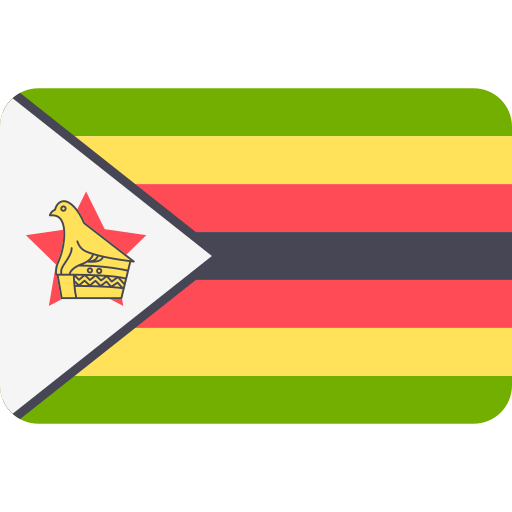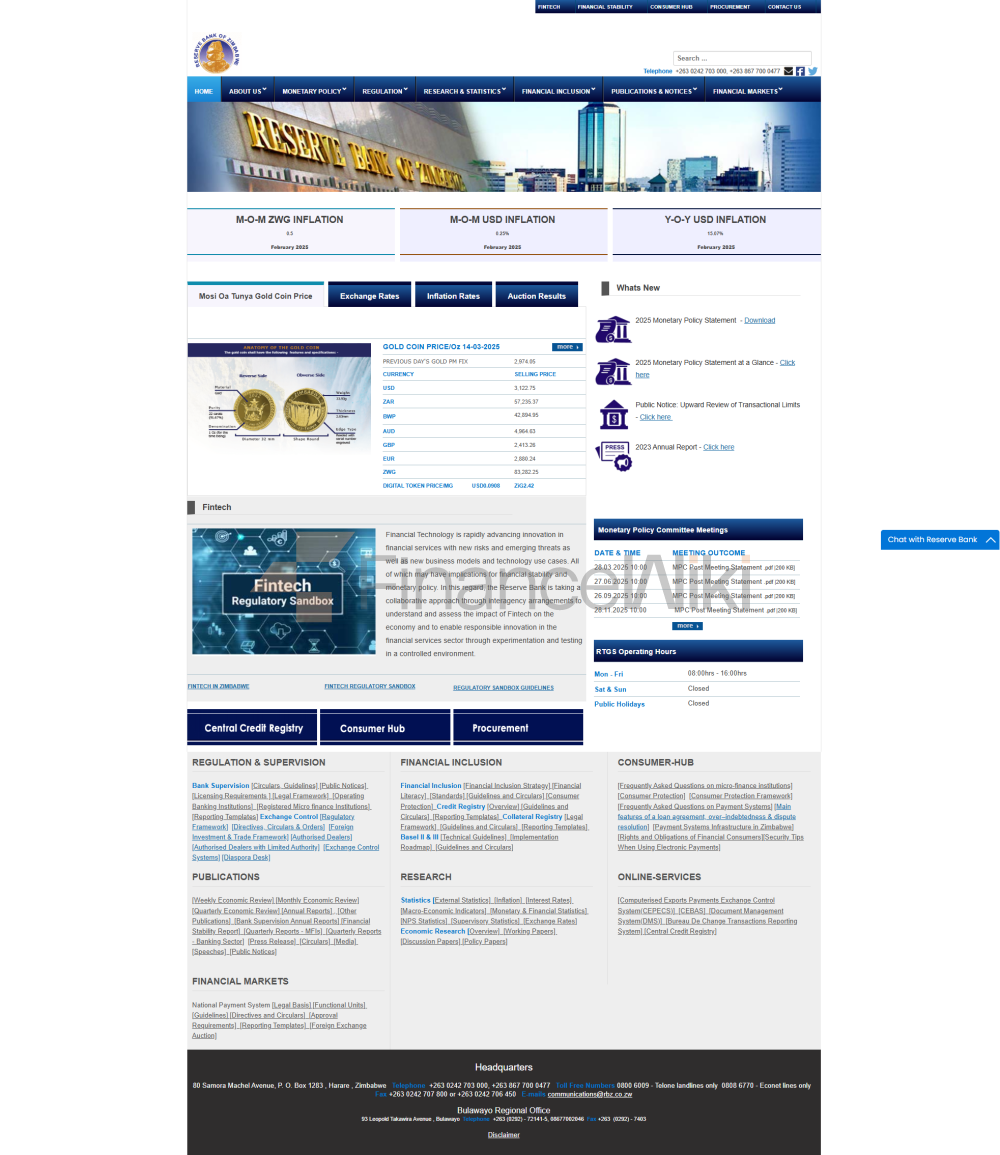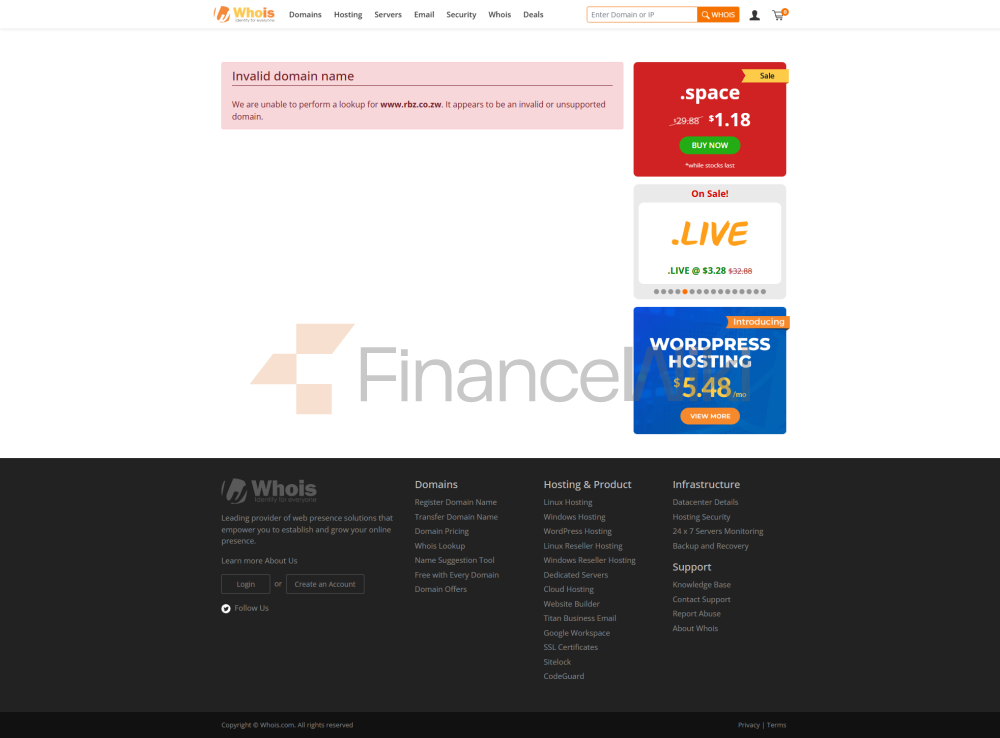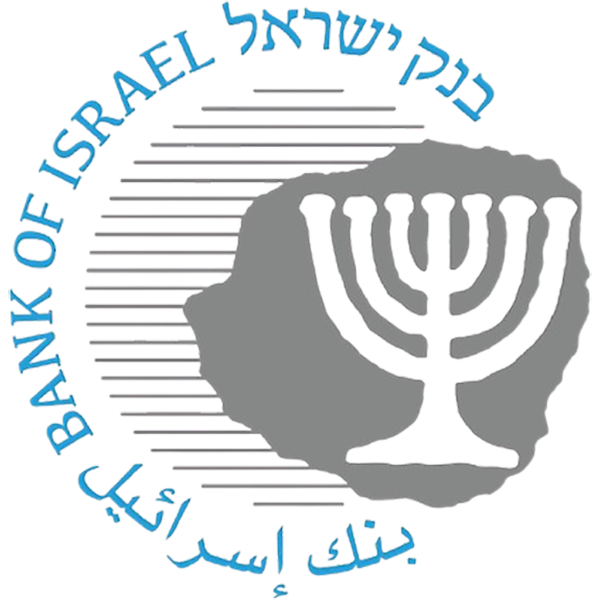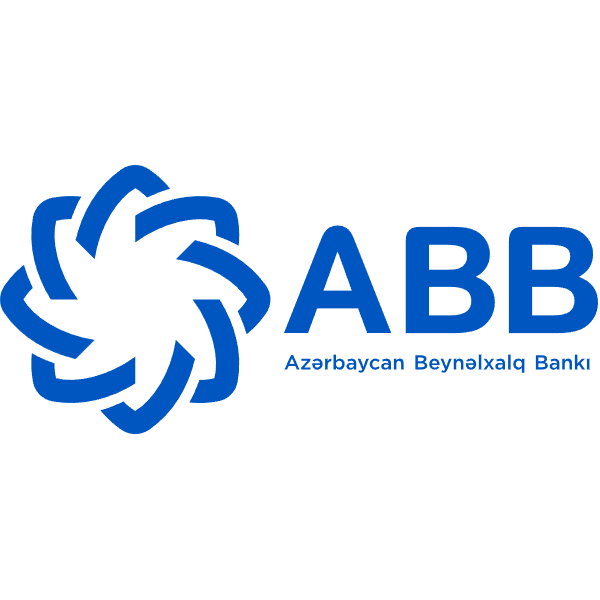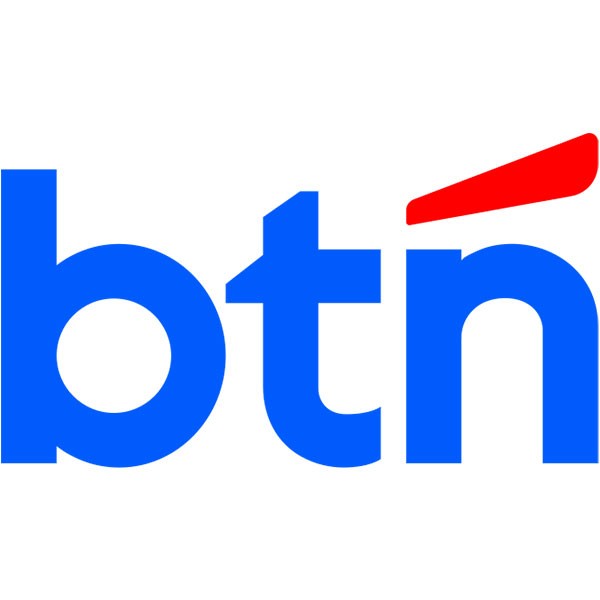Basic Information
The Reserve Bank of Zimbabwe (RBZ) is the central bank of Zimbabwe, not a commercial bank, but the helmsman of the country's monetary policy.
It is entirely state-owned, with no private or joint venture components, and is a central pillar of the government's financial system. Its role is to set monetary policy, issue money, and regulate the banking sector, not to provide retail banking services.
The full name and background
is the Reserve Bank of Zimbabwe, which was established on May 22, 1964, formerly known as the Reserve Bank of Rhodesia. Its history dates back to the Bank of Rhodesia and Nyasaland in 1956-1963 and the Monetary Commission of Southern Rhodesia in 1938.
Headquartered in Harare, the capital of Zimbabwe, it sits in a 28-storey building that opened in 1996, making it the tallest building in Zimbabwe. As a state-owned institution, RBZ is not listed on any stock exchange and its sole shareholder is the government. Its history is full of challenges, from hyperinflation in 2008 to monetary reform, and RBZ has been controversial in the financial world.
Scope of
ServicesRBZ does not serve customers directly like retail banks, but is responsible for overseeing the national financial system, and its influence is limited to Zimbabwe, and it is a regional rather than a global institution.
It does not have public-facing outlets or ATMs, and its "customers" are commercial banks, governments, and financial institutions. Harare's headquarters is its core hub, influencing the entire banking sector through policy and regulation, without the need for extensive physical outlets.
The Regulatory & Compliance
RBZ is the highest regulatory body and is governed solely by Zimbabwean law, primarily under the Reserve Bank of Zimbabwe Act 1964. It is responsible for supervising commercial banks and setting monetary policy, but as a central bank, it is not subject to external banking regulators.
Zimbabwe does not currently have a formal deposit insurance scheme, so the RBZ does not participate in such protection, which is lacking for depositors in commercial banks. The compliance record is complex, and RBZ has been criticized in the past for quasi-fiscal activities, such as the 2007-2008 agricultural mechanization program, which was accused of misallocation, and the government took over the related debt in 2015.
More recent projects, such as 2022, claim to be more regulated, with a loan repayment rate of 98%, but historical issues call into question its credibility.
Financial HealthAs
a central bank, RBZ does not publish conventional banking metrics such as capital adequacy ratio, non-performing loan ratio, or liquidity coverage ratio because it is not engaged in the deposit and loan business of commercial banks. Its financial health is closely linked to Zimbabwe's economy, which experienced hyperinflation of 231 million per cent in 2008 and currency instability.
RBZ's performance in managing the money supply and stabilizing the Zimbabwean dollar is an "indicator of health", but past failures have led some economists to call for reform or even repeal. There is a paucity of publicly available balance sheet data to quantify its robustness.
Deposit & Loan
ProductsRBZ does not offer retail banking products and does not have savings accounts, fixed deposits or personal loans. Its "products" are macroeconomic instruments, such as issuing currencies, setting interest rates, and managing foreign exchange.
The actual deposit and loan services are provided by the commercial banks under their supervision, and interest rates fluctuate dramatically due to the fluctuations of the Zimbabwean economy. For example, commercial bank lending rates soared above 150% in 2022, reflecting a high-risk environment. RBZ influences these rates indirectly through policy, but does not compete in the retail market.
List of Common Fees
RBZ does not serve retail customers and therefore does not charge account management fees, transfer fees, overdraft fees, or ATM withdrawal fees. Its "fees" are reflected at the system level, such as foreign exchange policies or transaction costs in the auction system, which indirectly affect businesses and consumers. For example, its foreign exchange priority list restricts access to preferential exchange rates, incurring hidden costs for users of the dual currency system. Retail banking fees are determined by commercial banks at their discretion, and RBZ is responsible for supervision but does not have uniform standards.
Digital Service
ExperienceRBZ does not provide digital banking services to the public, so there is no consumer app or online banking platform, and there is no app store rating. Its digital efforts focus on fintech regulation, such as ICT, innovation hubs, and fintech divisions, and works with banks to drive mobile payments and electronic transactions.
Zimbabwe's 90% mobile penetration rate has facilitated bank-mobile operator collaboration, a trend indirectly supported by RBZ's policies. Its official website provides reports and policy updates, but it doesn't have features such as facial recognition, real-time transfers, or AI customer service. RBZ supports open banking-like innovation through the Fintech Sandbox to encourage industry growth.
Customer Service
QualityRBZ's "customers" are banks, governments, and policymakers, not individuals, so there are no traditional service channels such as 24/7 phone support or live chat. Public interaction is primarily through press releases, social media (e.g., Facebook page with 11,462 likes), and stakeholder campaigns.
Complaint handling is indirect, consumer complaints are handled by commercial banks and RBZ is supervised through the Consumer Protection Framework. Response time and satisfaction data are not available because of the macro level of their work. Multi-language support is non-focused, official communication is mainly in English, and local languages such as Shona may be used in public events.
Security Measures
:RBZ does not hold retail deposits and therefore does not involve deposit insurance. It promotes financial stability and combats money laundering and illicit transactions through anti-fraud measures such as exchange control monitoring and compliance enforcement.
In 2022, Zimbabwe withdrew from the Financial Action Task Force (FATF) grey list, showing improvements in anti-money laundering efforts. Data security information is limited, there is no public mention of ISO 27001 certification, and there is no record of a major data breach, possibly due to its non-retail role. Its focus is on system security, such as the regulation of payment systems and electronic transactions.
Featured Services & DifferentiationRBZ
does not target market segments such as students, seniors or high-net-worth individuals, and its role does not involve retail banking. It promotes national-level projects, such as the Agricultural Mechanization Program, which aim to support agriculture, but these projects are often controversial. It does not directly provide green finance or ESG investment products, but it can influence commercial banks to adopt relevant services.
Private banking and customized solutions are provided by commercial institutions such as ZB Bank. RBZ's "specialty" is its exclusive role in currency issuance and policymaking, but this does not lead to customer loyalty.
Market Position &
HonorRBZ does not participate in the ranking of commercial banks in terms of asset size and cannot be among the top 50 banks in the world. Its "market" is the Zimbabwean economy, and as the sole central bank, its domestic influence is unmatched. There is no record of winning awards such as "Best Digital Bank" or "Most Innovative" because of its goal of stability rather than glitz.
Zimbabwe's international reputation has been tarnished by its economic problems, but it remains important in regional financial networks such as the Alliance for Financial Inclusion, which has set targets such as 60% adult banking penetration by 2020.

